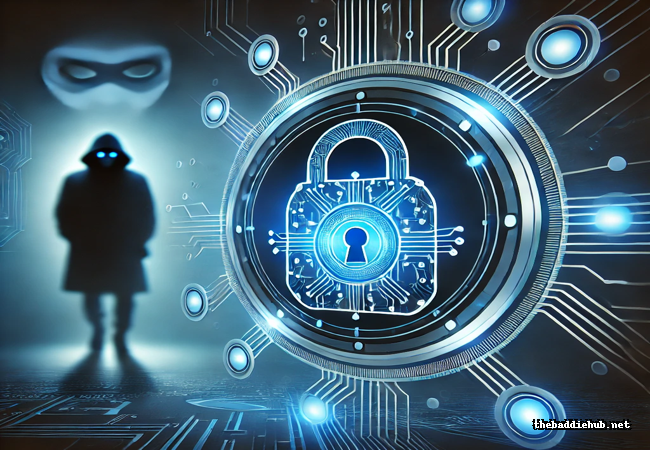The world is becoming more digital every day, and cybersecurity is more important than ever. Businesses, individuals, and governments all rely on technology for communication, finance, and data storage. However, with increased digital activity comes the risk of cyber threats. In this article, we will explore why cybersecurity is essential, the different types of cyber threats, and how to protect yourself online.
What is Cybersecurity?
Cybersecurity refers to the practice of protecting computers, networks, and data from cyberattacks. These attacks can come from hackers, viruses, malware, and other online threats. Strong cybersecurity measures help prevent data breaches, identity theft, and financial loss.
Why Cybersecurity is Important
- Protecting Personal Data
Personal data, such as bank details, passwords, and social security numbers, can be stolen by hackers. Cybersecurity helps keep this information safe. - Preventing Financial Loss
Businesses and individuals can lose money if they become victims of cybercrime. Hackers often use scams, ransomware, and phishing attacks to steal financial information. - Safeguarding Businesses
Companies store customer data, financial records, and trade secrets online. A cyberattack can damage a company’s reputation and cause significant losses. - National Security Concerns
Governments need strong cybersecurity to protect sensitive data and prevent cyberattacks from foreign threats.
Common Cybersecurity Threats
- Phishing Attacks
Cybercriminals send fake emails that look real to trick people into revealing personal information. - Malware and Viruses
Malicious software can infect computers and steal or destroy data. - Ransomware
Hackers lock access to data and demand a ransom to unlock it. - Data Breaches
Unauthorized access to confidential data can lead to identity theft and financial fraud. - DDoS Attacks
Hackers overload a website with traffic, making it crash.
How to Protect Yourself Online
- Use Strong Passwords
Always create complex passwords with a mix of letters, numbers, and special characters. - Enable Two-Factor Authentication (2FA)
This adds an extra layer of security by requiring a second verification step. - Be Cautious of Suspicious Emails
Never click on unknown links or download attachments from untrusted sources. - Keep Software Updated
Regular updates help fix security vulnerabilities and protect against new threats. - Use Antivirus Software
A good antivirus program helps detect and remove malware. - Avoid Public Wi-Fi for Sensitive Transactions
Public Wi-Fi networks are not secure, making it easier for hackers to steal data.
The Future of Cybersecurity
As technology advances, so do cyber threats. Artificial Intelligence (AI) and machine learning are being used to improve cybersecurity, helping businesses detect and prevent attacks more efficiently. The future of cybersecurity will focus on stronger encryption, better privacy protection, and improved security policies.
Conclusion
Cybersecurity is crucial in today’s digital world. Protecting personal and business data from cyber threats is essential to maintaining privacy and financial security. By following good cybersecurity practices, individuals and businesses can reduce the risk of cyberattacks and stay safe online.
